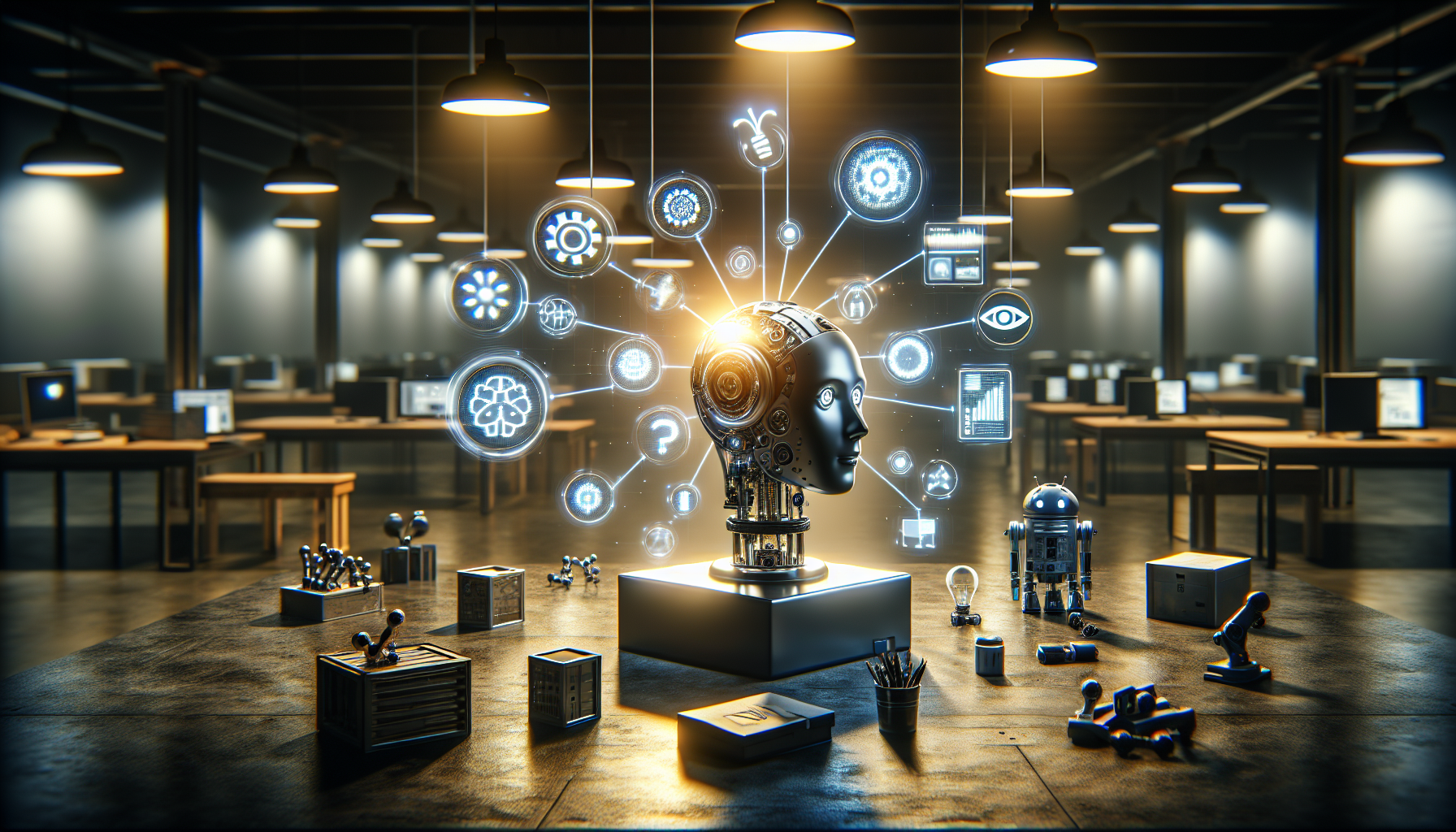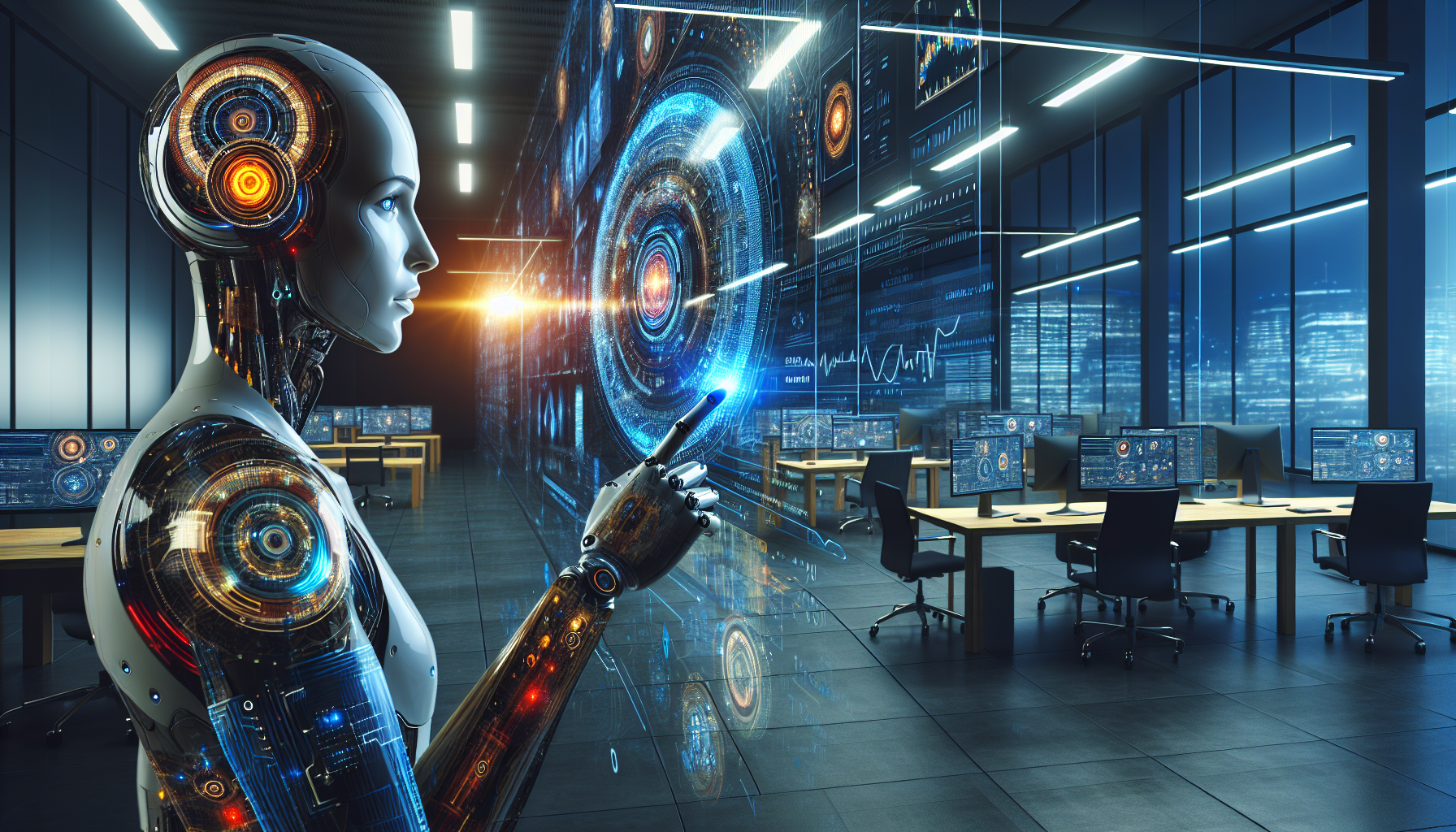
Bias in AI: Why Fairness and Inclusivity Must Be Our Priority
October 6, 2025
Artificial Intelligence, once a futuristic concept, is now a pivotal part of our daily interactions. From the algorithms that curate our social media feeds to the voice assistants that respond to our queries, AI has woven itself into the fabric of modern life. However, there is an undercurrent that threatens the integrity and inclusivity of this digital revolution: bias in AI systems.
The conversation around AI bias isn't just about flawed algorithms; it's about the very principles of fairness and inclusivity in our technological advancements. When AI systems exhibit bias, it often reflects and amplifies societal prejudices, affecting decisions that can alter lives—such as hiring practices, loan approvals, and even legal judgments. This isn't merely a technical glitch but a profound ethical challenge that demands our immediate attention.
What makes AI bias particularly insidious is its subtlety. Unlike overt discriminatory practices, AI bias often goes unnoticed, hidden behind a veil of complex algorithms and datasets. This invisibility makes it even more dangerous, as decisions are made not by a conscious individual, but by a seemingly impartial machine. Yet, these machines learn from data rife with human bias, leading to skewed outputs that perpetuate inequality.
Consider the hiring algorithms used by many companies. These systems are designed to sift through applications, identifying the best candidates based on past hiring data. However, if the historical data reflects a predominantly male workforce, the algorithm may inadvertently favor male applicants, perpetuating gender disparity. The same can be said for racial bias, where minorities are often underrepresented in training datasets, leading to less favorable outcomes for these groups.
Addressing bias in AI is not merely a technical challenge but a moral imperative. It requires a multi-faceted approach that includes diversifying data sets, incorporating ethical frameworks in AI design, and fostering a culture of accountability and transparency. One promising avenue is the development of fairness-aware algorithms that aim to balance decision outcomes across different demographic groups. These algorithms can help mitigate bias, but they must be accompanied by vigilant human oversight and continuous refinement.
Moreover, inclusivity in AI development teams is crucial. A diverse group of developers can provide a broader range of perspectives, helping to identify potential biases that a more homogeneous team might overlook. Encouraging diversity in tech isn't just about social responsibility; it's about building better, more equitable AI systems.
Public awareness and engagement are equally important. As consumers and users of AI technology, we must demand transparency and accountability from the companies that develop these systems. By fostering public discourse and education around AI ethics, we can build a society that values fairness and inclusivity in technology.
Some might argue that AI bias is an inevitable outcome of complex systems. However, this resignation overlooks our capacity for innovation and moral responsibility. We have the tools and knowledge to create AI systems that reflect the diversity and fairness we aspire to as a society. The question is whether we have the will to prioritize these values over convenience and profit.
In addressing AI bias, we're not just refining technology; we're shaping the future of our society. The choices we make today will define the ethical landscape of tomorrow's digital world. Will we choose a path that embraces inclusivity and fairness, or will we allow bias to dictate our technological destinies?
As we continue to integrate AI into every aspect of our lives, we must ask ourselves: What kind of world do we want to build? The fight against AI bias is about more than just algorithms; it's about ensuring that our technological future is one where everyone is included and valued. Let's make fairness and inclusivity the cornerstone of our digital era.


